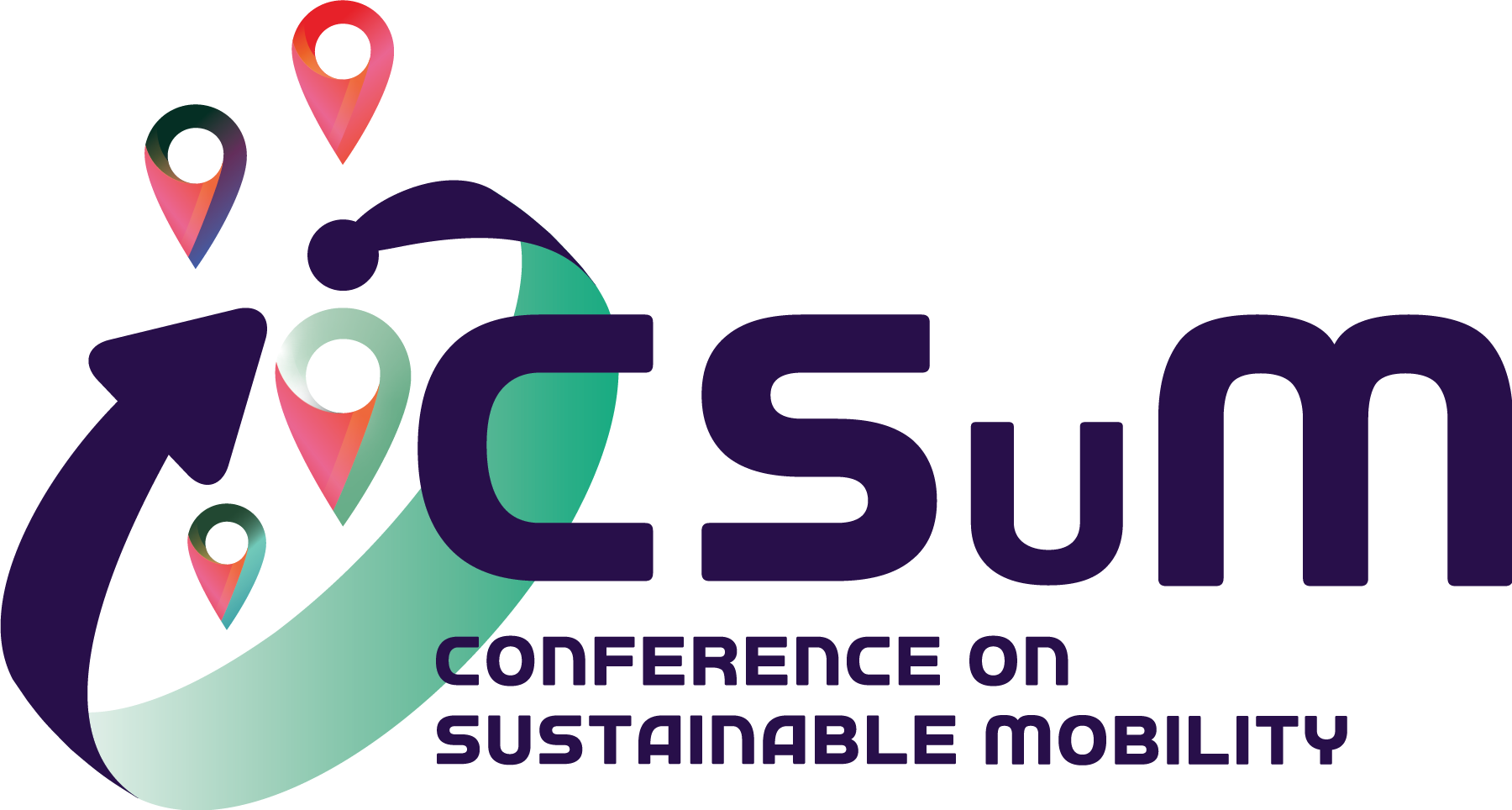Urban design and transport infrastructure

Transport infrastructure is integral to sustainable urban development due to its two-fold interaction with the city: On the one hand, transport infrastructure defines the physical accessibility conditions to the city’s land-use network, while the organisation of the city’s land-use network defines the needs for the development of transport infrastructure. On the other hand, transport infrastructure comprises part of urban infrastructure and interacts with the city’s built and natural environment. This two-fold interaction is of particular importance in the context of the contemporary holistic approaches to urban planning and design, as well as in the context of the central role of cities to address global challenges, such as climate change, just transition and public health. Furthermore, the emergence of new mobility solutions and the implementation of disruptive transport innovation in cities require a new approach towards transport infrastructure and urban design. At the same time, transport networks are gradually being interconnected with the energy and telecommunication networks within the “grid” of smart cities.
In the above framework, the specific topic covers original research papers indicatively but not exclusively covering one or more of the following aspects:
- Assessment and evaluation of transport infrastructure impacts on sustainable and/or “smart” urban development.
- Analysis and integration of the role of transport infrastructure to contemporary urban planning approaches.
- New urban design requirements and concepts for the accommodation of innovative transport infrastructure and new mobility solutions.




